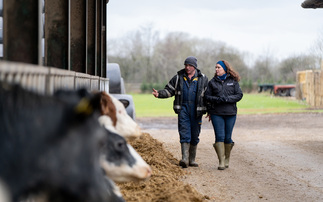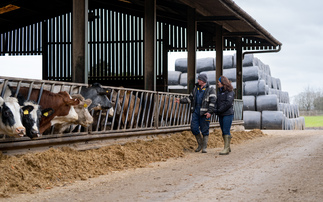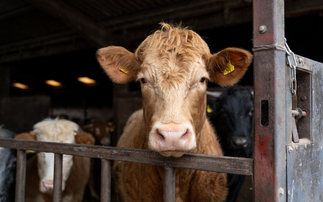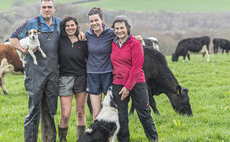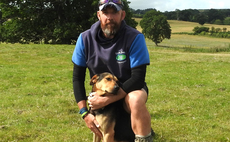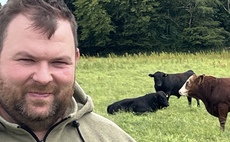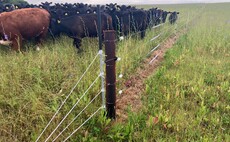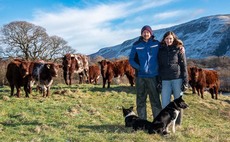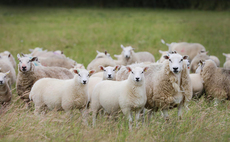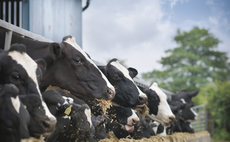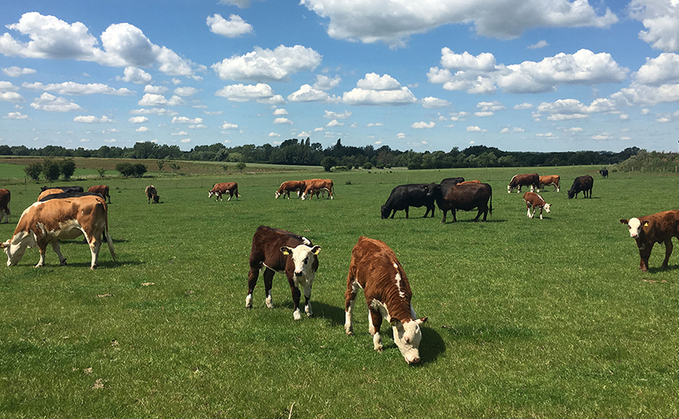
Young cattle are at risk from the mid-summer rise in parasite larvae on pasture, unless effective control strategies, including pasture management, monitoring and targeted treatment if required, have been implemented.
This increase in parasite infectivity can occur from mid-July and lead to significant worm burdens. The impact can include slower growth, longer finishing times, impaired fertility in heifers and an overall reduction in productivity and profitability.
Youngstock with little or no immunity to gutworms may also experience clinical disease in the form of gastroenteritis, or worm scours, which can lead to significant weight loss. Pooled faecal egg counts (FECs) during the first few months of the grazing season can help you monitor the level of parasite infectivity on pasture and the results can form part of any recommendation by your vet or suitably qualified person (SQP) to worm cattle, or move them to alternative grazing for the remainder of the season.
It is important to remember that unlike in sheep, FECs alone are not useful in determining worm burden levels in individual or groups of cattle. Moving cattle to lower risk pastures in mid-summer, such as fields which have been used for hay or silage, can lessen the need for worming, but animals should still be monitored.
Focus wormer treatments on animals which are not meeting daily liveweight gain targets and leave better performing animals untreated, since where nutrition is adequate, and in the absence of other disease, worms are the most likely cause of missed growth targets.
For more information, speak to your vet or SQP or visit the Beat the Parasites website.

https://www.beattheparasites.com












